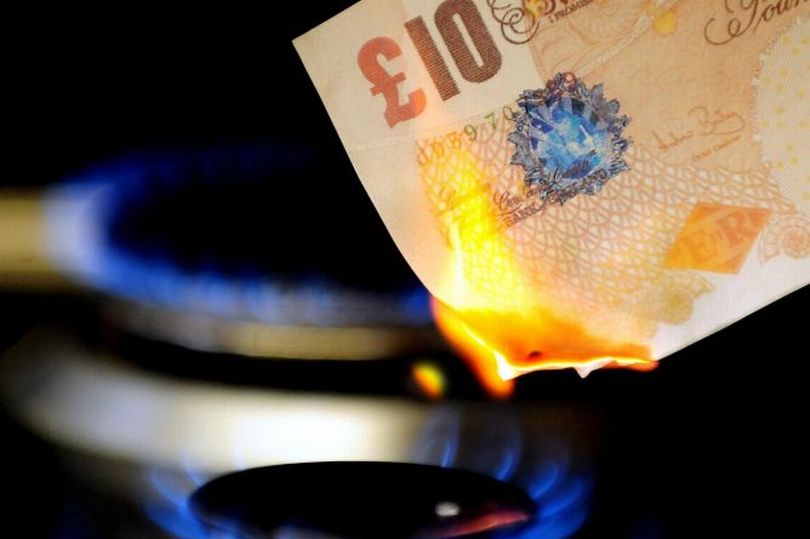 Private sector renters are one of the groups with the highest risk of suffering from fuel poverty according to figures recently released from the Department for Business, Energy and Industrial Strategy.
Private sector renters are one of the groups with the highest risk of suffering from fuel poverty according to figures recently released from the Department for Business, Energy and Industrial Strategy.
More than 2.3 million families, equivalent to around 10% of households, are living in fuel poverty in England. The situation is particularly bad for private sector renters with one in five households renting from private landlords affected. The highest risk however, at 25% of all households, was found for single parents with dependent children.
Overall Birmingham is the most affected city in terms of absolute numbers with around 60,000 households unable to afford adequate heating with Leeds, Cornwall, Manchester and Liverpool occupying the top five local authorities where households struggle with heating costs. In terms of the proportion of households classified as fuel poor, rural areas of England are the worst affected, with more than 20% of households on the Isles of Scilly classified as fuel poor. Other areas identified as badly affected include Eden in Cumbria, Richmondshire and Ryedale in North Yorkshire, and West Devon.
Officially a household is in fuel poverty if its income would fall below the official poverty line after subtracting the cost needed to adequately heat a home. It has been calculated that on average households which meet this definition would require an extra £371 to be able to adequately heat their homes.
The issue of fuel poverty and energy costs is a recurring theme in UK politics. Reacting to the report, the shadow business secretary, Clive Lewis said that the figures showed that the Conservative Party had to take action to tackle high energy prices charged by the big energy companies.
“Under the Tories’ lack of an energy plan, Britain is facing an energy bill crisis, with over 2 million families who can’t afford their energy bills.”
Mr Lewis continued to assert that a Labour government would confront the problem by increasing clean energy generation capacity and tackling energy bill rises for households.
To date the successive Conservative governments of David Cameron and Theresa May have favored the provision of greater consumer information and the easy switching of energy supplier as a mean to reduce household fuel expenditure. These include announcements earlier this month that the business department would publish an energy supplier league table to allow consumers to better assess their energy usage and compare energy suppliers. However, some critics of these proposals note that tariff transparency has been promoted throughout the Brown and Cameron administrations with relatively little effect on reducing household energy bills.
Announcing the league table measures, the business secretary, Greg Clark, said: “Millions of people across Britain continue to pay too much for their energy. The measures announced are a positive step to help more people benefit from increased choice and competition.As the government has made clear, where markets are not working for consumers – in energy or otherwise – we are prepared to act.”